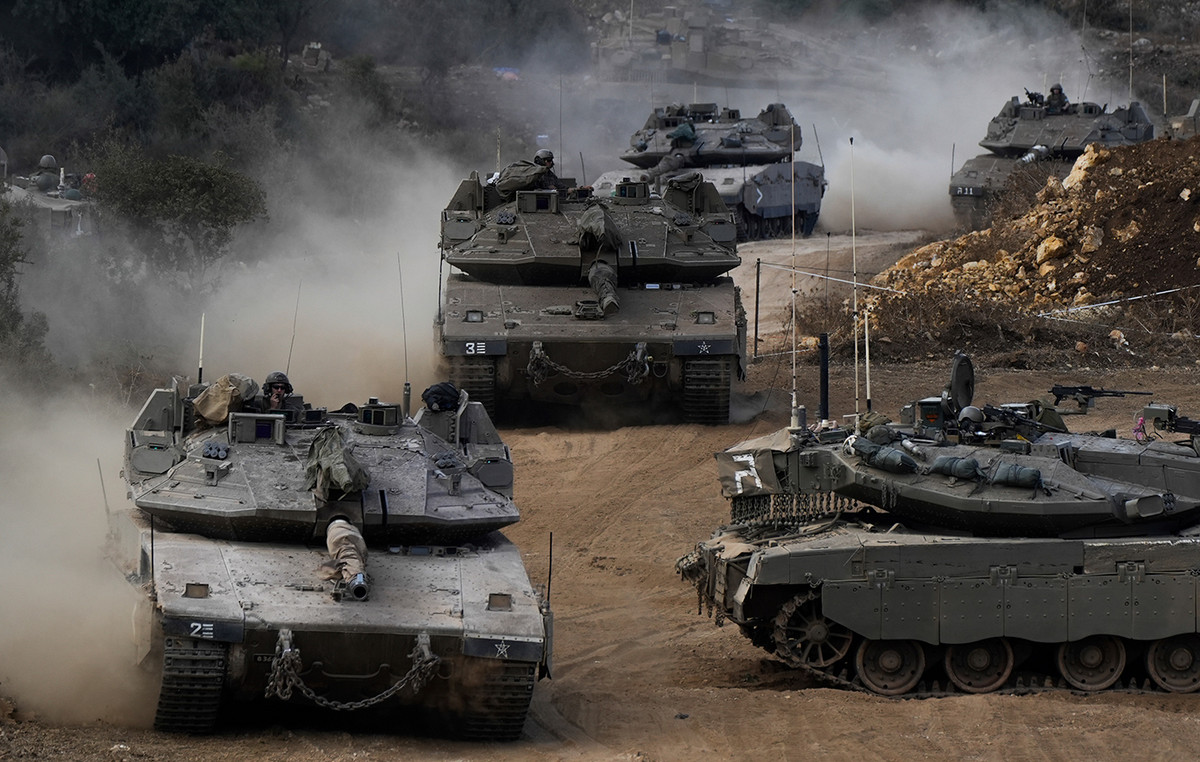The cinema awarded with the Oscar, K-pop, footballers from the early 2000s, stories about dogs, the 2024 Nobel Prize for Literature. Knowledge of South Korea for most people it does not go beyond these stereotypes and the idea of a technologically advanced eastern country close to the West. Even for this vision, which seems to be only the tip of the iceberg, the proclamation of martial law, which lasted just six hours, appeared sudden and unexpected and the same goes for the events in the following days.
What happened in South Korea
Former South Korean Defense Minister Kim Yong-hyun attempted to kill himself shortly before he was formally arrested for his role in the martial law operation, South Korea’s Yonhap news agency reported. President Yoon Sook Yeol declared martial law on December 3 and sent soldiers and helicopters to parliament, but was forced to revoke the decree. There were protests during the week also in front of the Seoul Parliament which voted on Saturday 14 December to impeach the presidentthe impeachment of Yoon Sook Yeol. The Constitutional Court has 180 days to decide the fate of the president who has been replaced by the prime minister. If he is acquitted, he will be able to resume his role, otherwise new elections will be called.
Korean history and the image we have of it
Nathan Mondinauthor of The Korean waypublished by UTET, he worked for years in a Korean agency and explains that the approach to what is happening and what comes from the Korean peninsula is often superficial due to lack of knowledge. «I tried to do a job of contextualization. In fact, before working in Korea and with Koreans, I also had no knowledge, I knew very little, also due to the lack of our school system. I knew that in Bresso there were the Koreas, the poor neighborhoods for people who arrived with nothing, and they were called that because they resembled the images that came from Korea at war. Afterwards I received the stories of my father, who worked in the automotive industry and had seen the factories where people worked up to 14 hours a day. It was the time of the enormous industrial development of the Asian tigers which then entered into crisis in the 1990s when the country went bankrupt and the International Monetary Fund intervened.”
This brief excursus by Mondin is enough to make us understand how little we remember about Korea and how the image of a country can change quickly, a country that was under Japanese rule from the beginning of the twentieth century until 1945. «From that failure it recovered quickly. Since ’97 there has been an impulse to the development of electronics, industrially, and to everything that is a cultural industry, the one that is consumed now, and which becomes soft power. of everything that was the cultural industry the cultural industry that is now being consumed. Kim Dae-jung, president from 1998 to 2003 and Nobel Peace Prize winner in 2000, opened dialogue with North Korea and took the country from a debtor of the International Monetary Fund to a lender country.”
The reaction to martial law
In recent years there has been much more talk about North Korea and Kim Jong-un than about the events in South Korea. «Even the Koreans were amazed by the president’s extreme political move. Martial law had not been used since the 1980s to try to bring the government out of the impasse. However, we are faced with a young democracy. Until the end of the 1980s, South Korea actually had successive authoritarian governments and military regimes. The democratic transition occurred in conjunction with the first major event that South Korea managed at an international level which was the ’88 Seoul Olympics.”
The last use of martial law dates back to 1980 when General Chun Doo-hwan seized power in a coup. His dictatorial policy led to the Gwangju uprising and the massacre that followed due to the intervention of special forces, a massacre that is recounted by Han Kang, Nobel Prize winner for literature 2024, in the book Human Acts.
How can we learn about Korea?
The path is the one that has been followed for decades for the United States: it is the cultural industry that brings knowledge to the country. «We are starting to learn about it now through films, TV series and music. However, we do not have a systemic idea of the country. We don’t connect the dots, they all remain separate things. My exercise, working closely with the Koreans, was precisely to try to connect the dots, but above all to ask myself why certain things happen, why there are certain expressions. In the case of this coup, to understand, it must be remembered that this president was elected, with a slim majority, more than two years ago and that this year there were legislative elections which led to a chamber of deputies with an absolute majority for the opposition party to the Government and therefore all government initiatives were blocked by the Legislative Assembly. In fact, at the umpteenth block of a bill, he tried everything and everything, not taking into account public opinion that was totally against him.”
Korean democracy has grown
«It has had its ups and downs, but over the years this democracy has created its antibodies. As we have seen in this event, democratic antibodies have been created at the population level and at the institutional level. Everyone fulfilled their task: starting from the Assembly which voted against. passing by the police forces who, despite themselves, had to follow the orders, but then we saw the policemen bowing towards the demonstrators apologizing for what we had done. The president-elect will pay the consequences of the reckless action he took.”
Korea has had a troubled past and when this is touched there are consequences. The opposition to President Kim Yong-hyun also comes from his initiatives in favor of rapprochement with Japan. «In fact, Korea from 1910 to 1945 was a Japanese colony and this led to issues related to forced labor and comfort women, the women who were practically torn from their homes by the Imperial Japanese army and taken to the front as comfort women for the military. This is a disagreement that has been going on since Korea became independent and is one of the themes that reappears from time to time. The president, since coming to power, has continued to maintain relations with the Japan and this is difficult to digest for a population that has suffered very deep wounds because during the Japanese regime, there was an annihilation, an annulment of what was a national feeling.”
One of the keys to understanding the Korean way of thinking is to take a step back «it is a putting aside for a collective well-being and objective. It is not nationalism, as we think of it, it is precisely a sense of belonging to a community that has a greater mission and a greater good.”
The question of the stock exchange
The rule of gifts within a certain limit, therefore a form of rigor in politics and public life is real, the case of the president’s wife who received a bag as a gift falls into this. «During the democratic life of Korea we have gone through moments of great corruption, such as the presidents of the 1940s and also on Chun Doo-hwan, who fell due to a strong mass opposition, the scandals linked to corruption had a heavy impact at the judicial level corruption. The battle against the corruption of public officials has roots that go back into the past and have led to very severe recent legislation. Even when I worked for a Korean government agency I had to share and declare gifts, for example Christmas certificates. Sensitivity towards corruption is very strong and the issue of the wife’s purse, already much talked about, has added fuel to the fire.”
What can we do to get to know this country
«Don’t stop at the clamor of the moment, investigate the motivations, don’t say “how crazy these orientals are”. In my book I have as my guide a Mr. Kim Mr Kim who is a mix of all the Koreans who taught me something about the country. There was a real Mr. Kim who was the first colleague I worked closely with when I joined the agency. He is now working in Poland and our current dialogues parallel what I was telling him about Berlusconi. Nowadays the accessibility of information on the internet is enormous. I read translated blogs and English editions of Korean newspapers. Films and TV series are an excellent medium and, despite their melodramatic vein, they give an idea of the contradictions of a country which had a sudden economic development even faster than our economic development of the boom of the 50s and 60s and which had a leap from a strongly agricultural country to an industrial country and an industry 4.0, in a very short time, with a multi-millennial history”.
Source: Vanity Fair
I’m Susan Karen, a professional writer and editor at World Stock Market. I specialize in Entertainment news, writing stories that keep readers informed on all the latest developments in the industry. With over five years of experience in creating engaging content and copywriting for various media outlets, I have grown to become an invaluable asset to any team.







